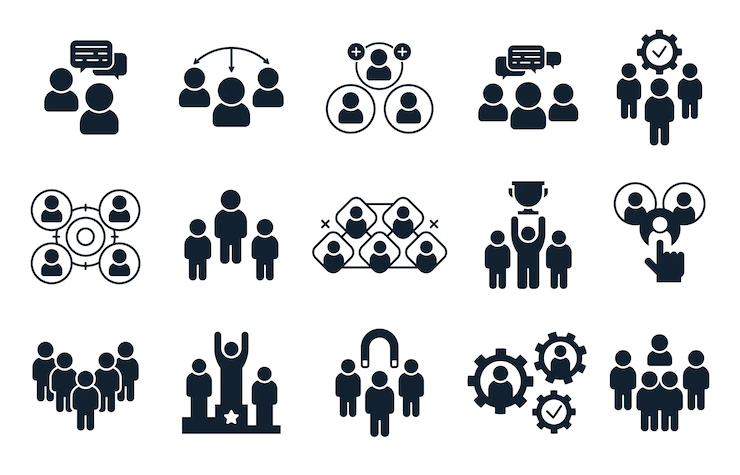Why Companies Are Relying on HR Agencies for Executive Search
Barsha Bhattacharya, 18 hours ago

Barsha Bhattacharya, 2 days ago

Barsha Bhattacharya, 2 days ago

Barsha Bhattacharya, 1 week ago


Even though every business is unique, even companies in completely unrelated businesses encounter some of the same persistent issues.
In recent years, artificial intelligence has emerged as the technology best suited to address many of these corporate problems.
AI and big data work together effectively. AI is used by big data analytics to improve data analysis. In turn, AI needs a vast amount of data to learn from and enhance decision-making.
Companies take help from data solutions as well that help them solve complex business problems with AI big data analytics.
Let’s examine the top 4 business difficulties and how individual companies’ AI-powered solutions are overcoming them.

Customers get what they want when more digital and mobile transactions are handled. However, it might also provide crooks with the chance they seek to obtain private financial and personal information.
Companies struggle to meet demand while guaranteeing that every transaction is checked for potential fraud because consumers now have higher expectations for transaction speed.
The only technology that is now quick enough to enable businesses to handle such quick transactions is artificial intelligence. For instance, businesses like Sift Science and Feedzai use AI and machine learning algorithms to quickly filter and evaluate data.
As a result, these businesses have seen a significant decline in fraud, spam, and other financial crimes. Poshmark, Door Dash, and other businesses have been successful in lowering fraudulent transactions, chargebacks, and consumer spamming.

The customer experience has grown to be crucial to the success of every business because of the immediacy of the digital marketplace. While businesses nowadays may offer faster transactions, they still have trouble providing round-the-clock customer service.
Even in cases where there is no human available to answer consumer questions, AI is stepping in to assist businesses to provide responsive customer care across a variety of platforms.

Customers still want brands to treat them as unique individuals and offer individualized encounters, even though they may like the convenience of purchasing online and with their mobile devices.
Companies are having difficulty personalizing each experience due to a significantly wider client base and the absence of in-person interactions.
One of the first companies to employ AI to generate personalized suggestions based on previous purchases was Amazon. That function was the tip of the iceberg in terms of what AI-driven solutions are currently capable of.
According to the technology’s ongoing learning processes, Persado, for instance, employs AI to customize marketing messages depending on formatting, word placement, word choices, and other factors.

Although the amount of data is increasing, it is still difficult to organize and effectively mine it. Although AI has increasingly played a role in data analysis over the past ten years, organizing such data is still a challenging task.
DataRobot assists AI by using AI. The company has worked out how to automate a portion of the development of machine learning and AI applications, including those for data analysis, by putting its automated machine learning (AutoML) technology to use.
To enhance their AI-powered data analysis processes, data and software engineers, as well as analytics specialists, can swiftly construct efficient data, and analysis models.
Additionals:
Mashum Mollah is an entrepreneur, founder and CEO at Viacon, a digital marketing agency that drive visibility, engagement, and proven results. He blogs at BloggerOutreach.io.